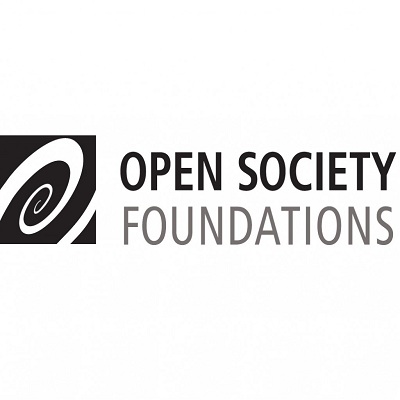Human capital is the biggest asset of each and every think tank. In securing reliable and high-quality researchers, think tanks compete with much more powerful competitors—i.e., governments, state agencies, private companies, banks, and consulting companies. The region’s think tanks, therefore, have to devise special motivation strategies to retain existing staff, and attract new talented individuals to opt for this career. Despite being present in public life, think tanks constitute a small part of civil society and are often not the first choice for fresh graduates who are interested in embarking on research/policy careers.
With this initiative, the Open Society Think Tank Fund aims at supporting up to 15 fresh graduates per year from high-quality universities in the OECD countries who want to return to their country and assume posts in think tanks interested in attracting young staff. With these activities, we hope to help young and talented people enter the region’s think tanks; provide additional capacity building with talented returnees getting engaged in policy-relevant research, analysis, and advocacy under the guidance of experienced staff; and assist think tanks in recruiting new talent into their ranks.
The Think Tank Young Professional Development Program intends to attract recent graduates of MA and PhD programs in the social sciences and humanities to select think tanks in Central and Eastern Europe, South Eastern Europe, and the former Soviet Union, giving them an opportunity to gain firsthand policy research and advocacy experience at a renowned think tank in the region. The program is designed to benefit both young returning professionals and their host organizations. It enables participating think tanks to recruit young researchers originally from the region who recently graduated from universities in the OECD countries, including the Central European University in Hungary. Depending on a research topic, individual programs at hosting organizations will last up to six months and start from November 2015.
For further information about eligibility criteria, priorities and guidelines, please, visit OSF website.











